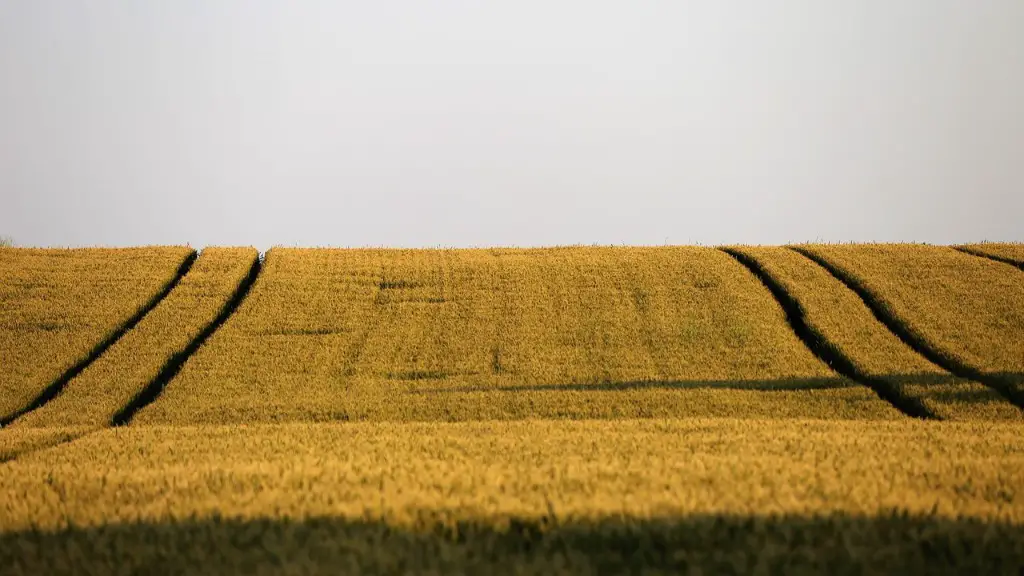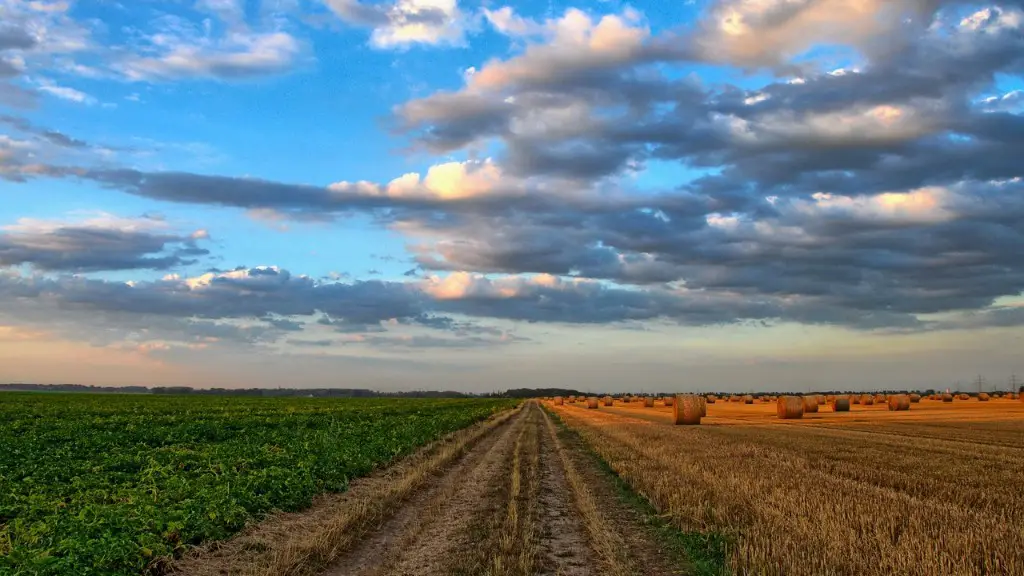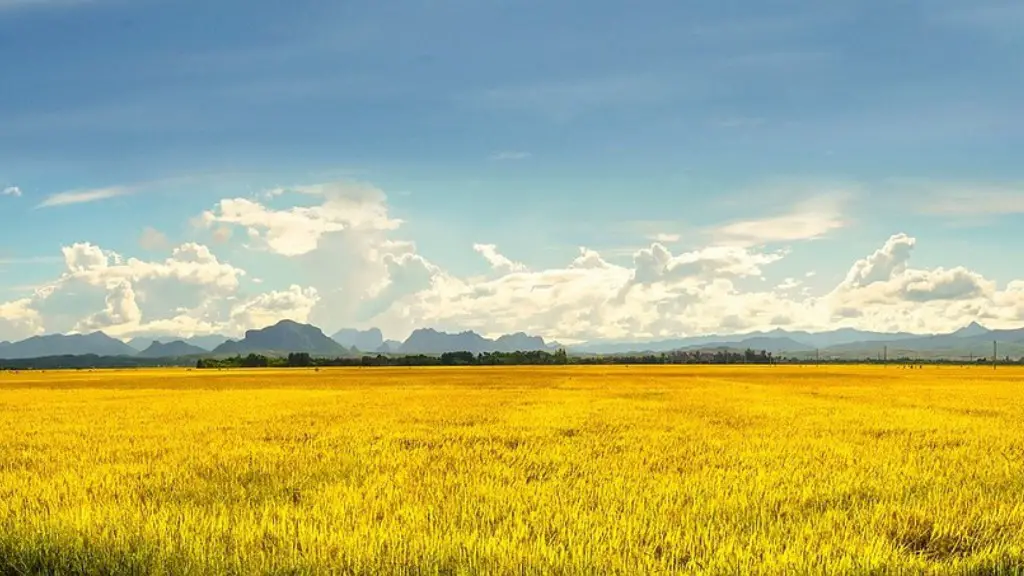Agriculture impacts almost everyone in some form or another. While some may not be familiar with the vast machinery behind the farming and food production process, they benefit greatly from its output on a daily basis. From the food we eat to the clothing we wear, almost everything we consume is a direct or indirect result of agricultural practices. Here are some ways how agriculture can affect you.
Nutrition
On a most basic level, agriculture supports the nourishment of humans and other animals. The food that is grown in farms are the same foods which are being consumed by people all around the world. From vegetables and fruits to the grains used to make bread and other products, crops are the basis of nutrition. Given the fact that food provides the nutrients our bodies need, it thereby plays a crucial role in keeping us healthy.
Clothing
In addition to food, agriculture is also responsible for the clothing we wear. Cotton is one of the major crops grown in farms and is also known as the world’s leading textile fiber. It’s countenance in almost every clothing item ranging from t-shirts and jeans to lingerie and athletic wear make it a staple of the clothing industry.
Jobs
Agriculture also provides a great number of jobs for people, both directly and indirectly. This is especially true for those living in rural areas where farming is the major source of employment. Aside from farmers, agriculture also supports an entire ecosystem that employs everybody from food processing and packaging workers to truck drivers who transport the goods.
Economy
Apart from providing nutrition and employment, agriculture is also a mainstay of almost every nation’s economy. It’s contribution to GDP (Gross Domestic Product) varies from region to region, with some countries relying heavily on it for their growth and development. Moreover, farm outputs are also primary components of international trade, with countries relying on exports and imports of the same.
Environment
Farming can also have an impact on the environment. The use of pesticides, fertilizers, and other chemicals can have a long lasting effect on the environment and surrounding communities. Furthermore, as the demand for products increases and land degrades, the need for more and more land for farming activities rises up.
Lifestyle
Lastly, the ultimate person affected by agriculture is you the consumer. As it is directly related to the lifestyle choices you make and the lifestyle you lead, the impact of agriculture cannot be overlooked. As a whole, it affects the food we eat, the clothes we wear, the homes we live in, and the environment we share.
Health
The far reaching influence of agriculture has a significant impact on our health. With the need for more food and water resources, the production of certain crops and goods such as meat and grains, both have an effect on our nutritional needs. For instance, some plant-based proteins are known to lower bad cholesterol and can lead to improved cardiovascular health while processed meats, such as bacon and sausages, can cause an increase in cholesterol levels which can lead to heart diseases and other health issues.
Cultural Impact
The cultural impact of agriculture is also substantial. Farming and agriculture was the starting point for the majority of civilizations. It has shaped the way we think about food, recreation, and everyday living. The production of food can create entire economies, influence wars and revolutions, and provide employment in rural and urban areas across the globe.
Education
Agriculture is also closely linked to the education sector. As the need for food and other resources grow, more and more schools are springing up around the world to specifically teach agriculture-related skills. This provides a much-needed education which can help people in third-world countries attain self-sufficiency and entrepreneurship.
Social System
The production and consumption patterns of agriculture have a profound effect on the social system. From local communities to countries, the farming of crops and the production of goods directly affects the lives of people across the board. For example, income inequality and poverty both have links to agricultural systems where the majority of resources go to the top few while depriving the rest of the population.


